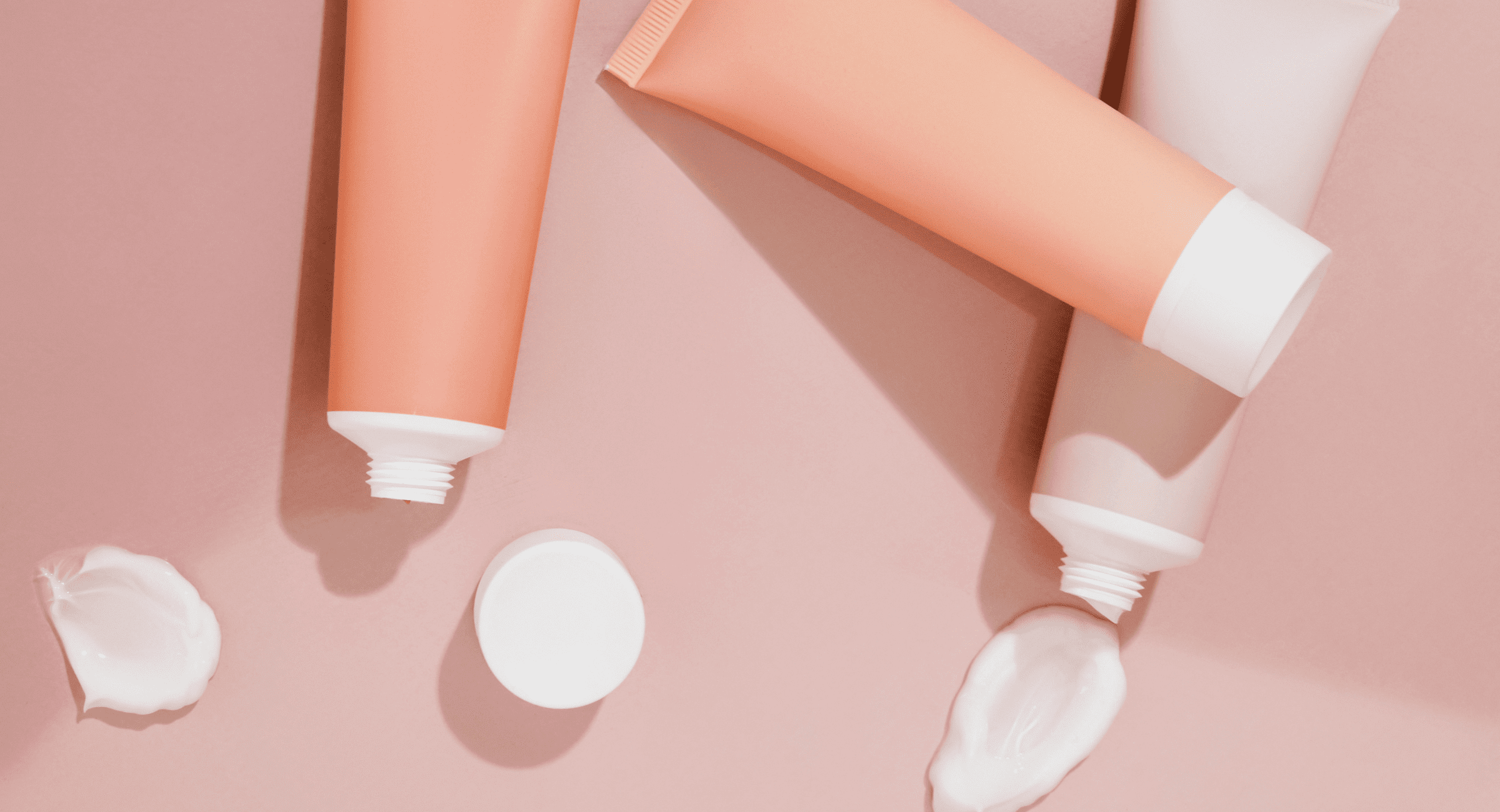The Food, Drug, and Cosmetic (FD&C) Act is the primary federal law regulating cosmetic products in the United States, and it has been recently revised by the Modernization of Cosmetics Regulations Act (MoCRA). The FD&C Act prohibits the distribution of adulterated or misbranded cosmetic products in the United States. Hence, manufacturers, packers, distributors, and retailers must ensure their cosmetic products are not adulterated or misbranded.
Adulterated cosmetic products
According to the FD&C Act, a cosmetic product is adulterated if any of the following happens:
- The finished product or its packaging contain any substances that can harm users under normal foreseeable conditions
- The cosmetic has any dirty, putrid, or decomposed substances. It implies that manufacturers must determine the durability of their products, namely how long a product maintains its function and can be used safely, and check the effectiveness of the preservative system in place
- The manufacturing process of the product (including its packaging) from filling to storage is done under insanitary conditions that may lead to contamination or adverse health effects
- The product includes unsafe color additives, apart from coal-tar hair dyes
MoCRA establishes further requirements to avoid the above cases, in particular:
- Safety substantiation of cosmetic products
- Compliance with Good Manufacturing Practices (GMP)
- Products and facilities registration
- Recording and reporting of severe adverse events
Misbranded cosmetic products
The FD&C Act also defines what a misbranded cosmetic product is. In short, it is a product that does not comply with the labeling requirements established by the relevant laws. Considering this, a cosmetic is misbranded in the following circumstances:
- The labels include any misleading or false information. This case includes the absence of material facts, such as particular instructions for use and warnings
- Mandatory labeling elements are not displayed or not prominently and conspicuously placed so that the average consumer would not read or misunderstand them
- Color additives are not labeled according to their own specific rules. Color additives used in hair dyes are exempt from these requirements
- The container is made, formed, or filled in such a way that it is misleading
The FDA can take actions against cosmetic products that do not comply with these requirements, as well as companies that market such products. Furthermore, MoCRA grants the FDA the authority to request a voluntary recall of a cosmetic if there is a reasonable probability that the product is adulterated or misbranded.
How can Obelis help you?
Regulatory requirements are complex, and compliance can be a real challenge for beauty brands — Here is when we come in.
Obelis’s team of regulatory professionals will help you ensure that your products meet legal requirements. With 35 years of worldwide experience, we are the ideal partner to be at your side at every stage of the compliance process.
We have a wide range of services for cosmetic manufacturers, brand owners, and producers, including:
- US Agent
- Regulatory consultancy
- Regulatory training
- Safety substantiation
- Adverse events recording and reporting
- Products and facilities registration
Francesca Santacatterina
Publications Department
06.07.2023
References:
- FDA. (2022). FDA Authority Over Cosmetics: How Cosmetics Are Not FDA-Approved, but Are FDA-Regulated. Retrieved on 06.07.2023
- FDA. (2022). Key Legal Concepts for Cosmetics Industry: Interstate Commerce, Adulterated, and Misbranded. Retrieved on 06.07.2023


